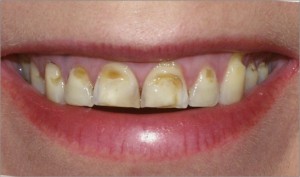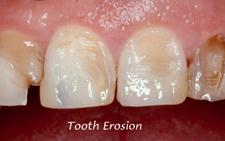Dr Nishan Dixit
Latest posts by Dr Nishan Dixit (see all)
- Dr Dixit is the new President of British Academy of Cosmetic Dentistry - 28 May 2020
- Does Invisalign hurt? - 9 March 2020
- How Long Does Invisalign Take? - 27 February 2020
How to Look After Your Teeth
There are lots of things you can do to maintain your dental health and achieve a fresh and attractive smile. Here are a few top tips to get you going….
01 Brush your teeth at least twice a day. When you brush, don’t rush. Take enough time to do a thorough job – two minutes is recommended.
02 Use toothpaste that contains flouride to help prevent cavities.
03 Consider using an electric or battery-operated tooth brush, especially if you have arthritis or other problems that make it difficult to brush effectively.
04 Practice good technique. Hold your toothbrush at a slight angle against your teeth and brush with short back-and-forth motions. Remember to brush the inside and chewing surfaces of your teeth, as well as your tongue. Avoid vigorous or harsh scrubbing, which can irritate your gums.
05 Know when to replace your toothbrush. Invest in a new toothbrush or a replacement head for your electric toothbrush every two to three months – or sooner if the bristles become frayed.
06 Cleaning between the teeth at least once a day is important as it removes food and plaque from between the teeth where even the best toothbrush can be ineffective. For most people, doing this once a day is enough and the best time to do it is after your last meal of the day. Clean between your teeth before or after brushing, but rinse your mouth afterward to wash out everything that has been dislodged.
07 Brush your tongue as well as your teeth to help eliminate mouth-borne bacteria and to keep your mouth and breath fresh.
08 A mouthwash can help with oral health. Mouthwashes with alcohol can dry out the mouth, so try to use brands that contain no alcohol.
09 Always wait 20-30 minutes before you brush your teeth after eating or drinking acidic food or drink, such as oranges, as this can erode the enamel on your teeth.
10 Avoid eating too much sugar and drinking sugary drinks such as soda, sweetened teas, or fruit juices, particularly in between meals.
11 Nuts, dairy foods such as cheese, and meats are all good dietry choices that can help strengthen enamel because of the calcium and vitamins they provide.
12 Chewing sugarless gum after a meal is a good way to substitute brushing inbetween meals; it can help remove food particles for between the teeth and produces saliva which counteract the bacteria.
13 Make sure you visit your dentist every six months and a hygienist visit to look after your teeth and gums.
14 If you have a toothache, it is important to seek emergency dental care immediately as this could be a potential infection or abcess.




 The most effective treatment of bad breath is usually
The most effective treatment of bad breath is usually  Regular check-ups with your dentist will make sure any plaque is removed from your teeth. It will also ensure any signs of gum disease are noted and treated early on.
Regular check-ups with your dentist will make sure any plaque is removed from your teeth. It will also ensure any signs of gum disease are noted and treated early on.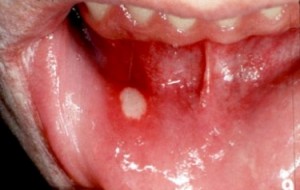
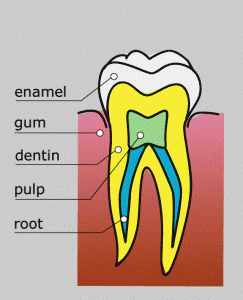 Erosion is the loss of tooth enamel caused by acid attack. Enamel is the hard, protective coating of the tooth, which protects the sensitive dentine underneath. When the enamel is worn away, the dentine underneath is exposed, which may lead to pain and sensitivity.
Erosion is the loss of tooth enamel caused by acid attack. Enamel is the hard, protective coating of the tooth, which protects the sensitive dentine underneath. When the enamel is worn away, the dentine underneath is exposed, which may lead to pain and sensitivity.
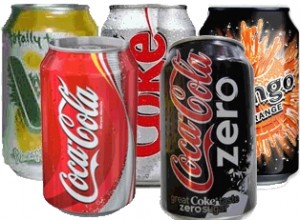
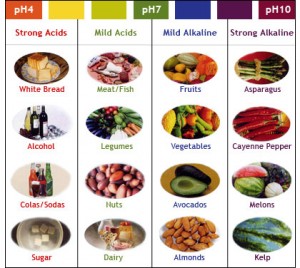 Other drinks include:
Other drinks include: